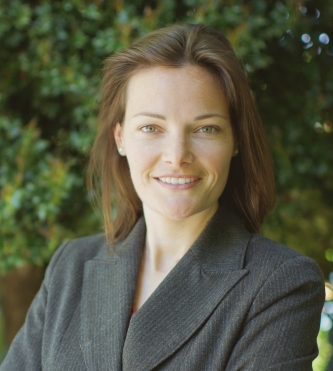- Details
- Published: 04 January 2017
By Heather Campbell
This post is part 2 of 2. My earlier piece looked at Diogenes syndrome and the civil law, namely residential tenancies (eviction), involuntary commitment and capacity assessments.
Diogenes syndrome by proxy was first described in 1994.1 The authors called it “a clear example of elder abuse,” although they said it may be unintentional.
They provided a case report of an 81-year-old woman who had been bedbound for two weeks after a fall. During that time, the woman said that she had been neglected by her 48-year-old daughter, who had been living with her for a year. She alleged that her daughter had deprived her of regular food, clean bed linen and help with getting to the toilet. There were also piles of newsprint and cardboard, blocking the path from her bed to the bathroom.
Collateral information confirmed the patient’s account of “enforced domestic squalor.” The daughter had been hoarding rubbish for over 20 years, resulting in her own apartment becoming uninhabitable. This had led her to move in with her mother.
The authors concluded that “very young or elderly dependants of patients with documented or suspected Diogenes syndrome must be considered at risk of Diogenes syndrome by proxy, even when the patient lives alone.”
Case law – criminal matters
Diogenes syndrome by proxy has potential implications in criminal law, including sentencing.
In 2010, the Queensland Court of Appeal in Australia upheld a five-year sentence (suspended after 12 months) of a woman who pleaded guilty to manslaughter of her 76-year-old mother.2 She failed to provide her mother with necessary medical attention.
In the months before the death, she became her mother’s primary caregiver.
They lived together in squalid conditions. There was “filth, faecal smearing on the walls, an overwhelming smell of animal urine and rotting food, and gross clutter and rubbish piled up.”
The cause of death was believed to be sepsis, resulting from bed sores. The autopsy report also noted malnutrition, dehydration, arthritis, hypertension, and coronary atherosclerosis. Toxicology tests showed painkillers, anti-depressants and other drugs.
The mother was born in Poland and her family was very poor. She lived an isolated life. Her marriage was marked by poverty and domestic violence. She raised her daughter as a single mother. They moved to Australia, and her isolation continued, as she was never able to communicate much in English.
Her relationship with her daughter was complex and to some degree, dysfunctional. After the daughter left home, the mother “would break into bins and then hoard what she had scavenged.”
As the mother’s health deteriorated, the daughter provided her with meals and checked on her several times a week, and eventually, daily.
After they moved in together, the mother gradually became unable to get out of bed. At times she refused to shower or wear clothes. She was incontinent and would tear off her pads, and smear the walls with feces. She refused to accept care by outsiders, insisting that her daughter look after her.
The daughter spoke to a friend about the bed sores, who advised her to get nursing assistance. But the daughter was worried about what people would say when they saw their living conditions. She told her friend that she knew she was out of her depth.
The daughter was age 41 at the time of the offence, and 46 at sentencing. She had no relevant criminal history, and was deeply remorseful.
The sentencing judge observed that the daughter had “lived a very isolated life as a child on a remote, and clearly, very poor farm that was removed from society.”
A doctor testified that the mother’s behaviours constituted Diogenes syndrome, and that the daughter’s failure to care for her was a repetition of the lack of care she had experienced:
“[S]he provided for her mother the same dismal level of care that she had known herself. While this can be said to constitute elder abuse, when it occurs in such a context it is not wilful neglect; this has been commented on by other experts, who note ‘a similarity with folie a deux’ and have termed this Diogenes syndrome by proxy. Similarly, it has been said that ‘this behaviour does not reflect free will.’”3
The sentencing judge observed that, at first, her mother had capacity to make decisions, but once that was lost, the daughter was required to make decisions for her. While the daughter had no intention to harm and had tried her best, she was obliged by law to obtain assistance—to ensure that her mother received the necessaries of life.
References
1 D O’Mahony & J G Evans, “Diogenes syndrome by proxy” (1994) 164:5 British J Psychiatry 705.
2 R v Miller [2011] QCA 160 (15 July 2011) [Miller CA], aff’g R v Miller [2010] QSC 453 (29 October 2010).
3 Miller CA, ibid at para 50 [references omitted].
About the author:
Heather Campbell is a PhD Student (Law) at Queen’s University.
You can follow her on Twitter @SeniorsLaw.

















